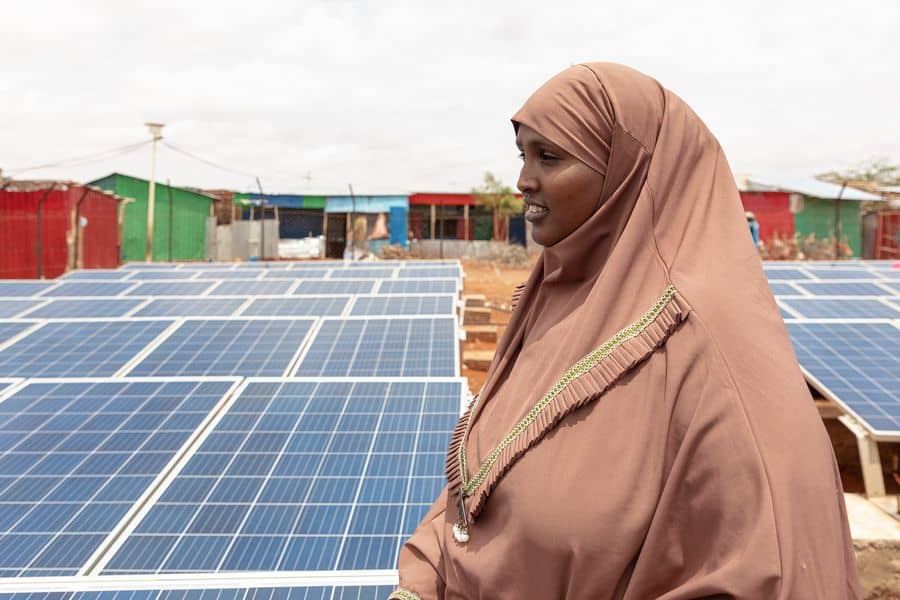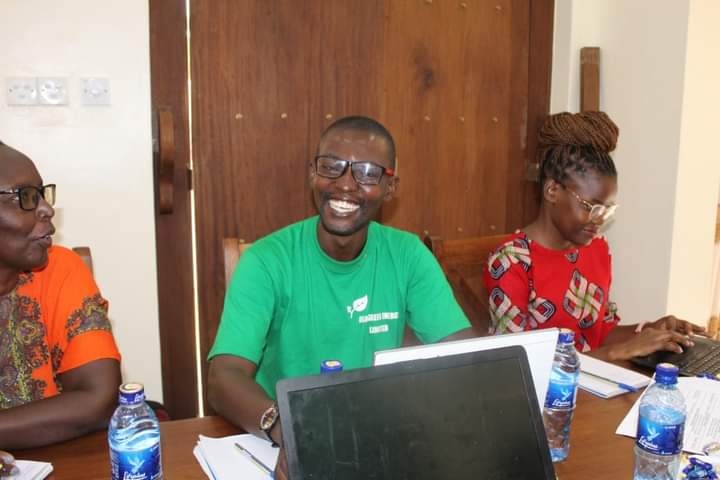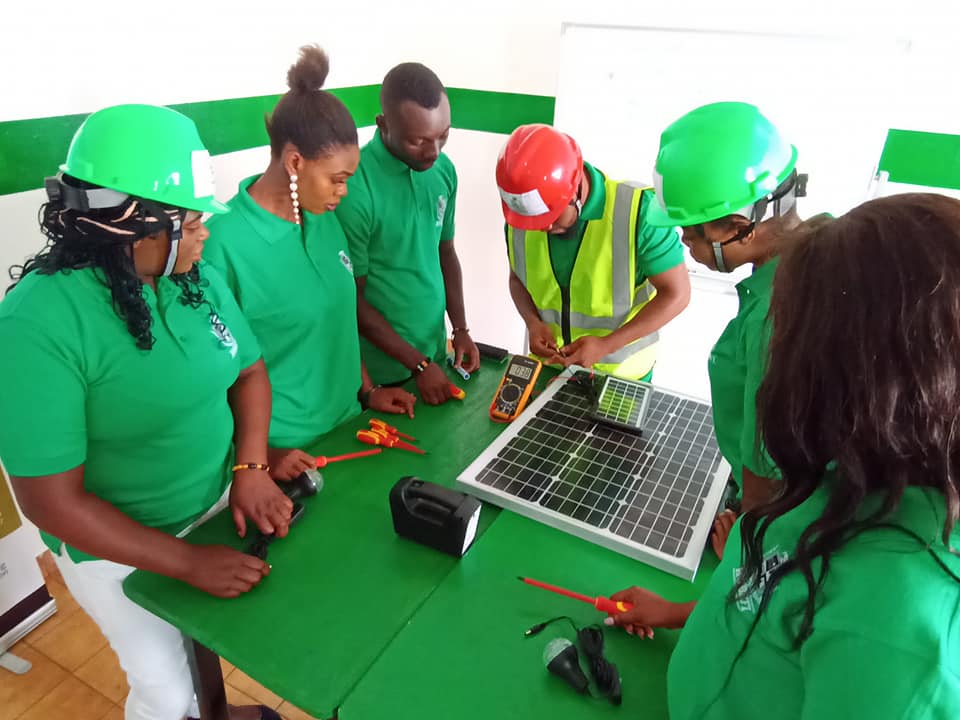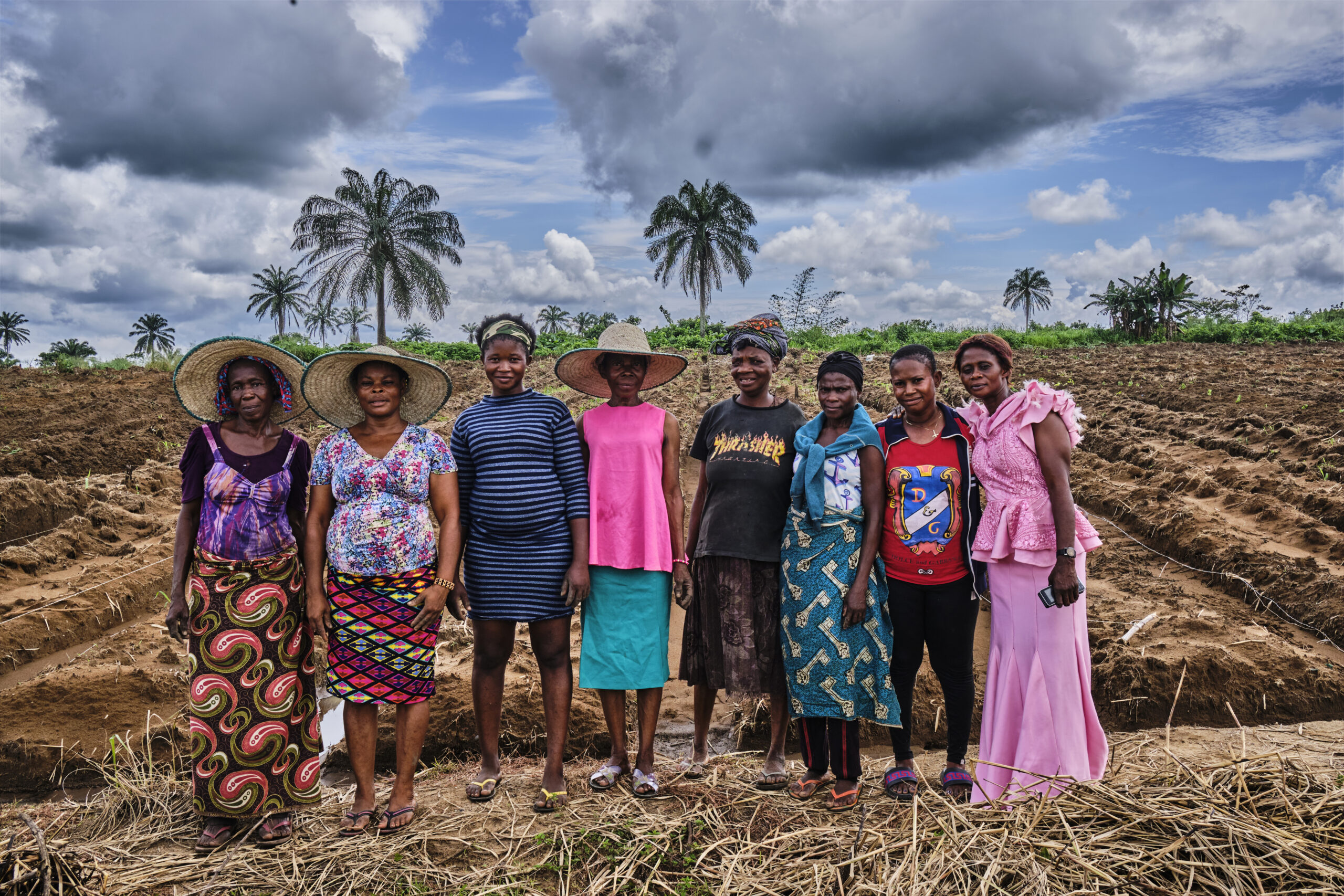Connecting displaced people with clean, affordable energy is an urgent humanitarian challenge.
In refugee camps, the share of residents without electricity and safe cooking methods can be as high as 90%.
Four trailblazing organisations show the power of inclusive, homegrown solutions to tackle the problem. All are shortlisted for the Ashden Award for Energising Refugees and Displaced People.
1. Save the Environment Ethiopia
In East Africa, Save the Environment Ethiopia has launched twelve clean energy co-operatives in partnership with UNHCR, local authorities and funder IKEA Foundation. Local people are given training in engineering and business skills. This supports a range of livelihoods, from farming to gum and incense making.

2. USAFI Green, Kenya
A refugee-led enterprise in Kenya’s Kakuma Refugee Camp, employing local people to manufacture cookstoves (2,000 a month) and clean-burning briquettes to fuel them. 95% of its staff are under 35, meaning a big impact tackling youth unemployment. Contracts to supply briquettes to the FAO have supported USAFI Green’s growth, underlining the importance of partnerships between local and global organisations.

3. Care for Social Welfare International, Nigeria
Supporting entrepreneurship is particularly important because of the barriers to work facing refugees and displaced people. That’s why Nigeria’s Care for Social Welfare International is helping displaced people make the most of 350 hectares of land allocated to them in Cross River State.
At the heart of the scheme is a solar-powered borehole shared by 1,200 farmers, which irrigates fields and has allowed 50 households to take up fish pond farming. CASWI’s support goes further, helping farmers process and sell their produce – a holistic approach that maximises the scheme’s impact.

4. Hope For a Better Future, Cameroon
Finally, Cameroon’s Hope for a Better Future is empowering women from the internally displaced and host communities to run ‘solar solution centres’ in the country’s Northwest Region. The NGO’s start-up kits, accompanied by technical and business training, help the women supply and repair solar lamps and clean cookstoves, and process farm goods using a solar dryer. It also promotes the women’s products by organising football matches and other community events.

Scaling up and replicating these solutions will bring new opportunities to some of the world’s most marginalised people.
The Ashden Award for Energising Refugees and Displaced People is run in collaboration with the Global Refugee-led Network. It is supported by The Linbury Trust, Alan and Babette Sainsbury Charitable Fund, JAC Trust and NextEnergy Foundation.

